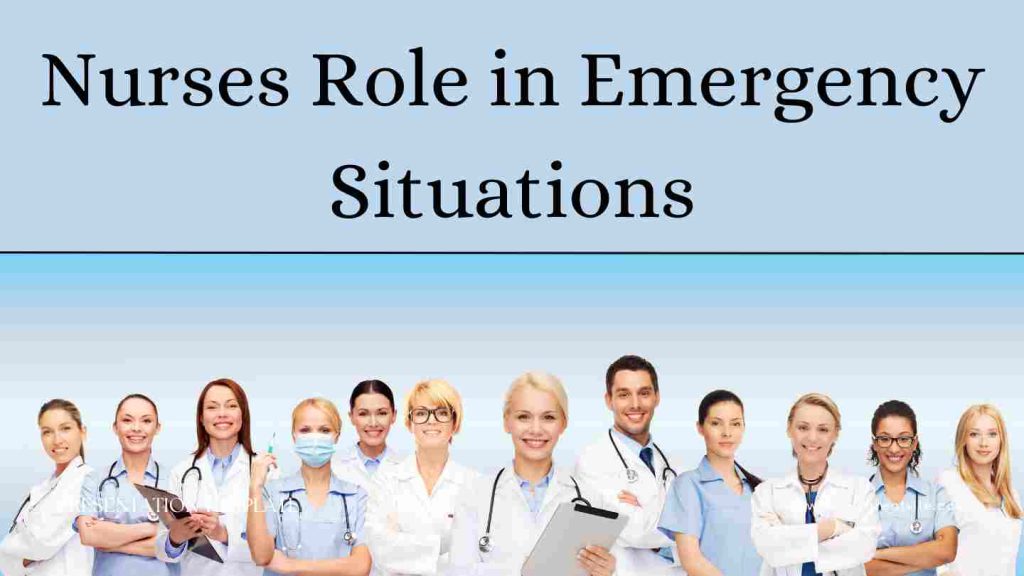- Oak Brook:(630) 705-9999
- Chicago:(312) 920-8822
- Email:inquiry@vervecollege.edu
- Make a Payment
- Home
- Programs
- Admission
- Resources
- ATI Entrance Exam Resources
- New E-Digital Library
- Refer a Friend
- School Newsletter
- Events
- Employers
- Job-Network
- Alpha Beta Kappa Candidates
- Verve College Library
- Graduation and Pinning Ceremony Photo Galleries
- Textbook Information
- Career Services
- Tutoring
- School Catalog
- FAQ
- Constitution Day Program
- Alumni
- Verve College Plans
- Financial Aid
- HEERF Reporting
- Satisfactory Academic Progress
- Apply For Financial Aid
- Net Price Calculator
- Return of Title IV Funds (R2T4)
- Financial Aid Office Code of Conduct
- Contact
- FAQs
- Verification Policy
- Vaccination Policy
- Student Right-to-Know Act
- Misrepresentation
- Information Security Program
- Academic Award Year
- Availability of Employee
- Cost of Attendance
- Health & Safety Exemption Requirement
- Students Rights and Responsibilities
- Leave of Absence
- Pell Formula
- Military Students
- Grants/ Scholarship Policy
- Contact Us
- Testimonials
- Blog
Is a Nursing Career Right For You?
Take The Free Quiz
Examine Nurse’s Role in Emergency Situations
Examine Nurse’s Role in Emergency Situations
Large-scale disasters, whether caused by negligence, malice, or nature, have the power to cause havoc in millions of lives every year. Families are uprooted from their homes, and their belongings are destroyed; local businesses may experience a wide range of irreparable damages; local infrastructure may also suffer significant setbacks; worse yet, disasters often lead to widespread injuries or deaths.
Priority one in any disaster should be providing care for injured and sick victims, with local healthcare systems being particularly hard hit. Health care team are invaluable during an emergency when limited resources and healthcare infrastructure are straining. What is the definition of a disaster?
Most health and emergency aid organizations consider an event a disaster when an adequate response requires more resources than are available in a local community, which includes treating injuries or illnesses that result. Attracting healthcare professionals who can effectively deal with emergency situations requires finding an accessible practical nursing program near me, which will equip healthcare providers.
Natural disasters like earthquakes, hurricanes, and tsunamis are a regular occurrence; pandemics, environmental contamination, war, or terrorism can also create unpredictable and destructive disasters; quick action may save lives while mitigating any further damages that might ensue from them.
Preparing Nurses for Disaster Response
Nurses must receive adequate emergency preparedness training. Nurses have become adept at quickly thinking and acting upon orders within clinical facilities; however, they find this more challenging when conditions become overcrowded or less than ideal.
Professional nursing students, from their initial clinical courses in school, are taught how to remain calm in unpredictable situations – including disasters. Some schools even provide entire prerequisite courses dedicated to disaster emergency nursing.
Nurse’s Role in Emergency Situations
Emergency nurses play an integral practical nurses role in emergency situations relief efforts. Some may be sent directly to alternative or established long-term care facilities in their locality following a disaster; others may remain behind to provide continued care for hospitalized patients at nursing homes.
Related:- 6 Nurse strategies Tactics to Tackle the Nursing Shortage
Triage and Initial Care
Triage is one of the most crucial steps when the demand for healthcare exceeds immediate capacity. Triage involves sorting patients according to priority level to provide the highest-quality care with limited resources.
Record & documentation: When people receive first aid on the scene of an accident or natural disaster, it is critical to record accurate details about each patient before transporting them elsewhere for additional treatment. In such a situation, continuity of care becomes increasingly challenging, which makes maintaining continuity even more complex; “triage tags” can help record crucial details regarding each person’s condition and care plan.
Mental Health First Aid
After experiencing trauma such as disasters, individuals often suffer severe vital signs of psychological and emotional trauma. Disaster responders enlisted by nurses should also provide mental health first aid care to those in need.
Public Health Efforts
Nurses are frequently called upon to assist with public health initiatives in disaster situations. This might mean dispensing vaccinations in pop-up clinics when pandemics strike or educating on disease prevention strategies without safe water sources or plumbing infrastructure in health care settings. Medical professionals could even assist in decontaminating large groups after exposure to hazardous materials in a clinical setting.
Verve College (Community College) Offers Nursing Programs to Prepare You for a Career in Nursing
Despite enormous challenges, nurses’ contributions to disaster relief have saved many lives worldwide. People with an overwhelming passion for aiding others will discover rewarding careers providing patient care by health care providers and assistance during disasters or health emergencies – such as daily health emergencies. Verve College’s LPN programs for prospective students in the nursing field get your nursing career underway within 14 months by combining online classes with practical instruction from experienced instructors.
Are you curious about finding a nursing assistant programs in Illinois? Check out our comprehensive guide on becoming a licensed nurse in the nursing profession and our listing of 16 highest-paying nursing positions that require clinical hours to acquire basic nursing skills.
 Sign up
Sign up Login
Login




